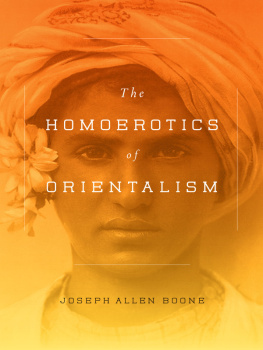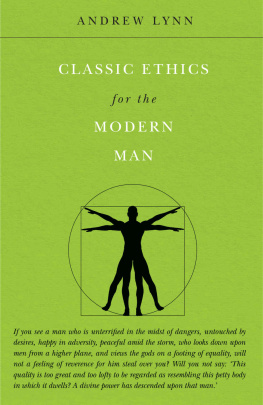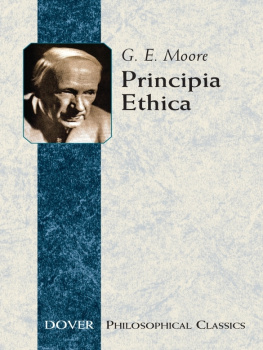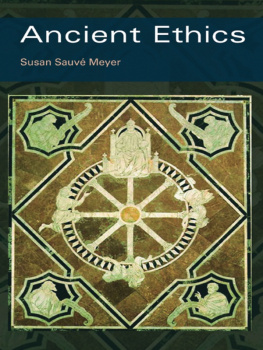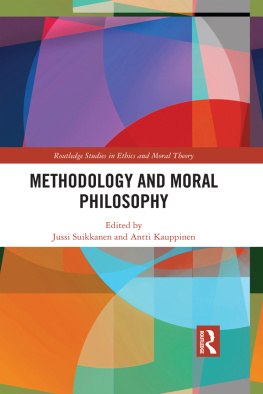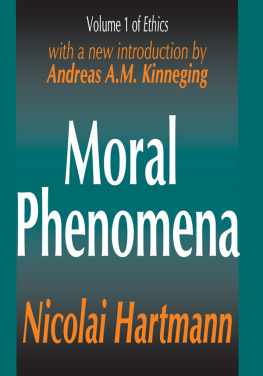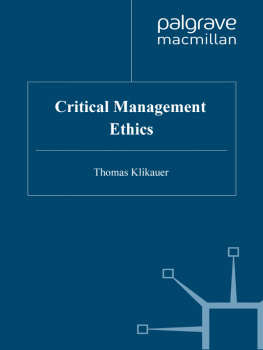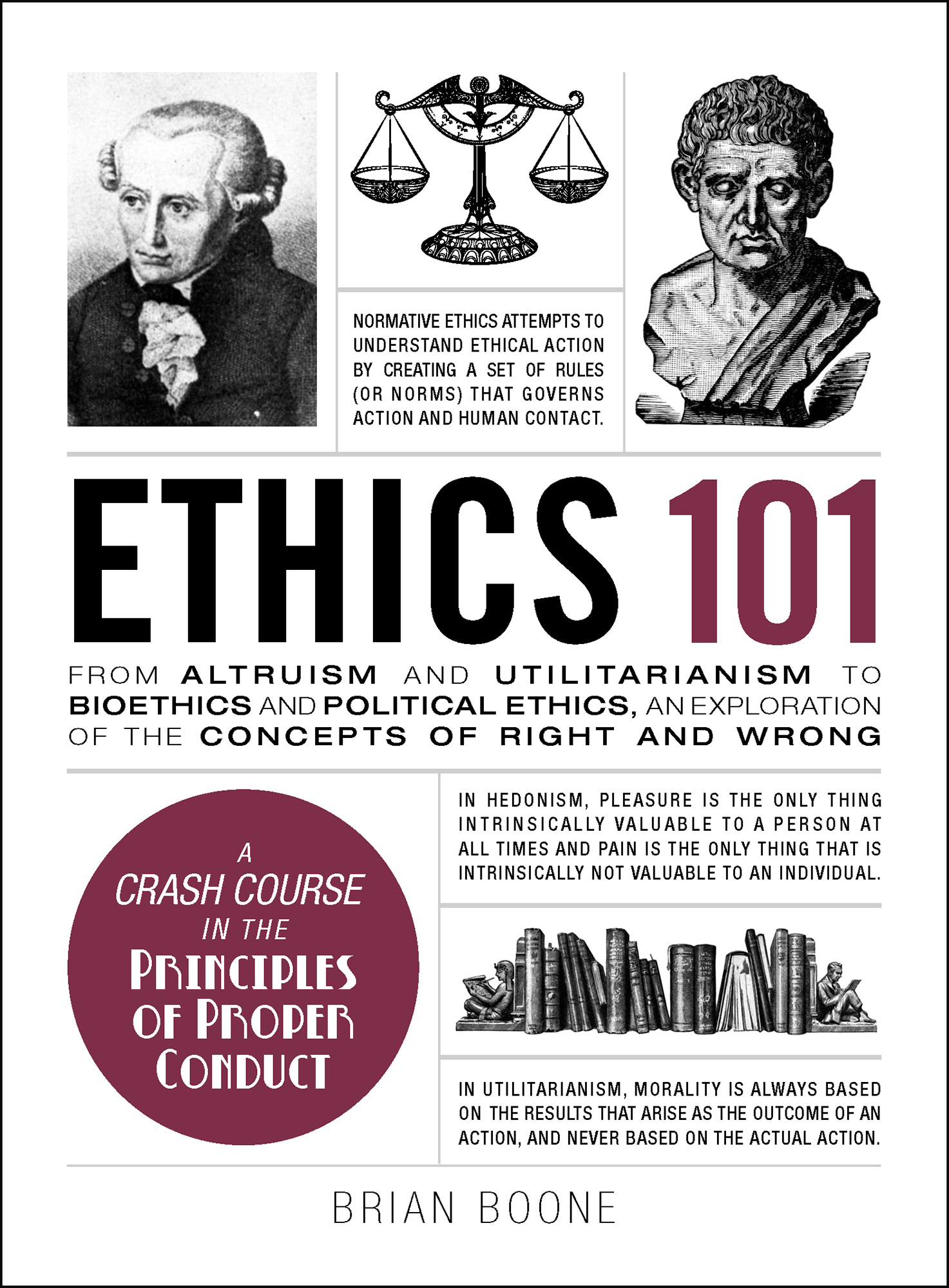CONTENTS
Guide
Thank you for downloading this Simon & Schuster ebook.
Get a FREE ebook when you join our mailing list. Plus, get updates on new releases, deals, recommended reads, and more from Simon & Schuster. Click below to sign up and see terms and conditions.
CLICK HERE TO SIGN UP
Already a subscriber? Provide your email again so we can register this ebook and send you more of what you like to read. You will continue to receive exclusive offers in your inbox.
We hope you enjoyed reading this Simon & Schuster ebook.
Get a FREE ebook when you join our mailing list. Plus, get updates on new releases, deals, recommended reads, and more from Simon & Schuster. Click below to sign up and see terms and conditions.
CLICK HERE TO SIGN UP
Already a subscriber? Provide your email again so we can register this ebook and send you more of what you like to read. You will continue to receive exclusive offers in your inbox.

Adams Media
An Imprint of Simon & Schuster, Inc.
57 Littlefield Street
Avon, Massachusetts 02322
www.SimonandSchuster.com
Copyright 2017 by Simon & Schuster, Inc.
All rights reserved, including the right to reproduce this book or portions thereof in any form whatsoever. For information address Adams Media Subsidiary Rights Department, 1230 Avenue of the Americas, New York, NY 10020.
First Adams Media hardcover edition NOVEMBER 2017
ADAMS MEDIA and colophon are trademarks of Simon and Schuster.
For information about special discounts for bulk purchases, please contact Simon & Schuster Special Sales at 1-866-506-1949 or .
The Simon & Schuster Speakers Bureau can bring authors to your live event. For more information or to book an event contact the Simon & Schuster Speakers Bureau at 1-866-248-3049 or visit our website at www.simonspeakers.com.
Interior design by Michelle Kelly
Cover design by Heather McKiel
Cover images Clipart.com
Library of Congress Cataloging-in-Publication Data
Boone, Brian, author.
Ethics 101 / Brian Boone.
Avon, Massachusetts: Adams Media, 2017.
Series: Adams 101.
Includes index.
LCCN 2017030570 (print) | LCCN 2017031981 (ebook) | ISBN 9781507204931 (hc) | ISBN 9781507204948 (ebook)
LCSH: Ethics. | Right and wrong. | BISAC: PHILOSOPHY / Ethics & Moral Philosophy. | PHILOSOPHY / History & Surveys / General. | REFERENCE / General.
LCC BJ1012 (ebook) | LCC BJ1012 .B58 2017 (print) | DDC 205--dc23
LC record available at https://lccn.loc.gov/2017030570
ISBN 978-1-5072-0493-1
ISBN 978-1-5072-0494-8 (ebook)
Many of the designations used by manufacturers and sellers to distinguish their products are claimed as trademarks. Where those designations appear in this book and Simon & Schuster, Inc., was aware of a trademark claim, the designations have been printed with initial capital letters.
CONTENTS
:
:
:
:
:
:
:
:
INTRODUCTION
Ethics, also called moral philosophy, is the division of philosophy concerned with how a person should behave in a matter that is considered morally correct or good. It sounds like a simple ideahow to be good, and why its important to be goodbut its a concept that has fascinated and agonized moral philosophers for more than 2,000 years.
Ethics means trying to figure out why one should behave morally, as well as understanding the motivating factors for that behavior. It also examines what, exactly, makes something good or bad. For example:
Is that sense of good or bad something thats naturally inside of us, or is that sense placed there by a divine being?
Do we follow a moral code?
Do we act morally because it is often in our self-interest to do so?
Is ethical behavior all about the nature of the consequences of our actions?
Ethics are arguably the one type of philosophy that is readily applicable to daily life. Philosophy asks big questions like, Is God real? or Why are we here? But those big questions dont directly address how to live ones life. Ethics is the missing step between addressing the infiniteness of the universe and reconciling it with the daily existence of life on earth. If philosophy encourages moral behavior by asking the big why questions, then ethics is an exploration of that moral behavior, and it seeks to formulate concrete what and how answers to the questions that philosophy poses.
Ethics can and should be applied to regular life. You can tailor ethics to fit your life, and you can use ethics to make decisions and take actions that are morally right in fields such as medicine, business, and other disciplines. The use of ethics also brings up another ethical conundrumwhy is it important to consider why a person should act a certain way? The answer lies in the concept of happiness. Simply stated, happiness is an outgrowth of ethics, be it ones own happiness or the happiness of others.
Whether you are a philosopher at heart or just interested in discovering why some things are good and some are bad, Ethics 101 has you covered. Lets delve into the fascinating and thought-provoking realm of ethics.
Chapter 1
ETHICS AND THE ANCIENT GREEK PHILOSOPHERS
Philosophy as we know it, at least in the Western world (Europe and the Americas) sprung up around the sixth century B.C. in Greece. The Greek schools of thought dominated philosophy and all of its subsets until the first century A.D.
In their attempts to decipher the big questions about life, universe, and humanity, the philosophers of ancient Greece incorporated all the knowledge they had at the time. They didnt see much of a distinction between the theoretical secrets of the unknown universe and the quantifiable, physical world. As such, these philosophers used every tool and discipline at their disposal, including ethics, logic, biology, the nature of art, the nature of beauty, and especially, political science. For the ancient Greeks, particularly for those in Athens, politics and public life were among the most important going concerns, and their inquiries into ethics frequently focused not just on the individuals duties but also on the proper ways to lead and govern.
Many philosophers wrote and taught in ancient Greece. But this golden era of Greek philosophy is dominated by three of the most famous and influential thinkers in Western history: Socrates, Plato, and Aristotle.
Socrates (ca. 470399 B.C. ) created much of the framework and methodology for how to approach philosophy and ethics. Among these innovations is the Socratic method. This method is a form of discourse and discussion based entirely on two or more parties asking each other an almost endless array of questions. The goal is to find common ground and highlight any flaws in their arguments so as to get closer to some kind of truth. Socrates thought that this ability is one of the things that separated humans from the rest of the animal kingdom, for were the only animals capable of logic and reason.
Carrying on the Socratic traditions was one of his primary students, Plato (ca. 428348 B.C. ). In Athens, Plato formed the first higher learning institution in the West, the Academy. One of his major contributions to moral philosophy is the theory of forms, which explores how humans can live a life of happiness in an ever-changing, material world.


